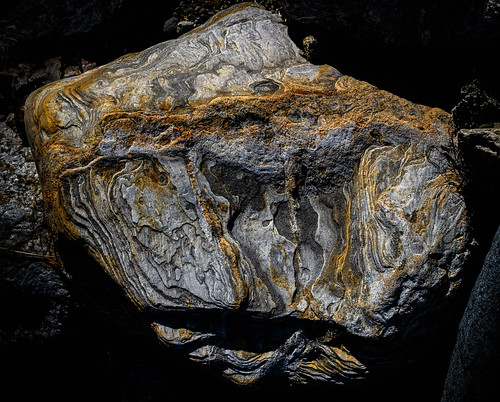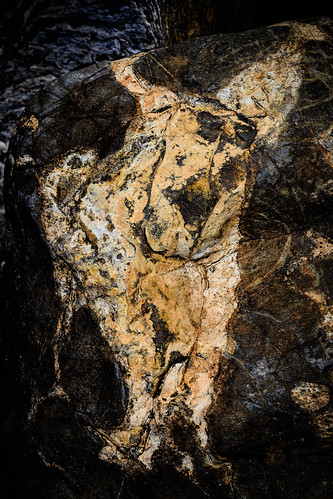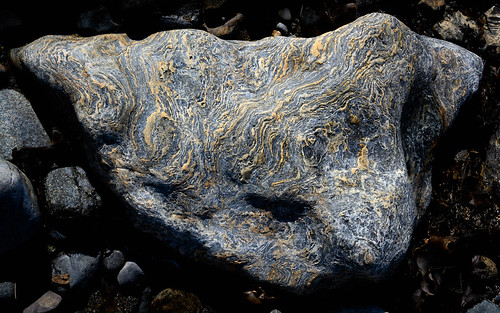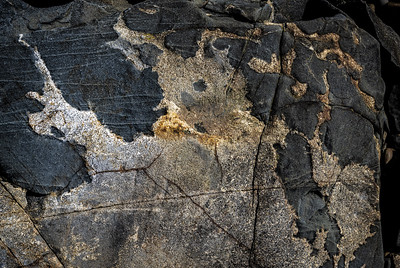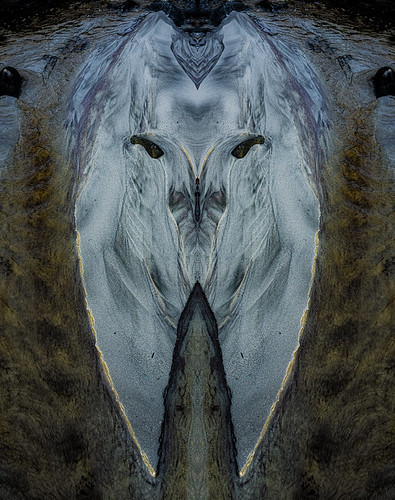One of New England’s Autumn rituals is the Binding of the Evergreens. A bolt of [gunny] sack cloth or burlap or tow sackin’ or hessian (dialect variants for pretty much the same very rough cloth, almost loose enough to qualify as net) is sourced from somewhere (Tractor Supply, maybe?) and wrapped around ornamental evergreens for the first 5 or 6 years after they are planted. One must wonder why (not to mention where and when and wither and how) this custom came to be and to spread to its present territory?
And of the style and other niceties of the Binding: The most common configuration is the line, which often looks nothing but military:

The ideal is a uniformity that is rarely achieved. Most straggle and sag and some even wander. Some manage to stand in a line as if on parade:
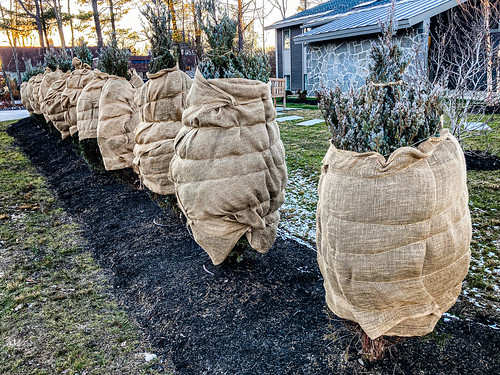
(most of these can be read as faces…)
With Evergreens planted as specimen trees, there’s more latitude for the fanciful when it comes to Binding. It’s not clear if the Binders consider that they might be doing Evergreen Sculpture, or if the main point is to ward off hungry winter-browsing deer, and you get the burlap around her good enough…
Remarkable characters sometimes emerge:
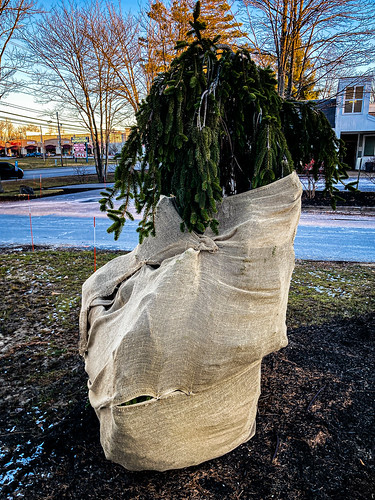
hawk-nosed portrait head with extravagant plumed headdress
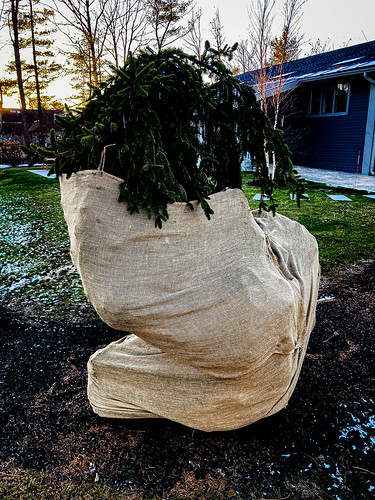
I can’t decide between genuflection and a couch too deep
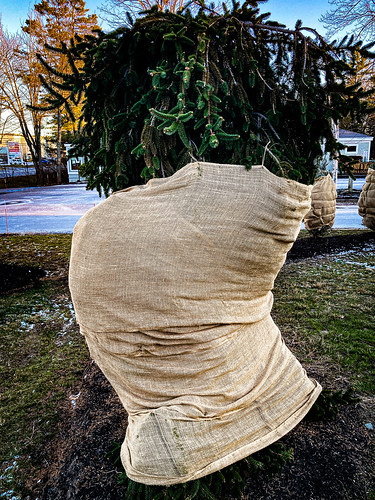
Exercise: caption this as you will
Some are marvelous portraits of character. I read this one as disgruntled old sergeant with silly tufted headgear.

Longtime I’ve thought of these as
Hessians, a tip o’ the hat to the 18th century Germans with whom the Crown sought to maintain order in 1770s North America. Others collected can be seen in my
Hessians Flickr Album.
ADDENDUM:
My friend Brian Higley, landscape architect and vegetation whisperer, comments thusly:
I like to call these, trees in bondage. Whenever I see them, they look pretty tortured to me. But maybe the more creative way to see them is perhaps… homage to the landscape artist Christo. See the forms without any preconceptions, only for what they are as sculpture. What happens to the flora when you wrap it? … The wrappings can actually serve a purpose in some cases, but those cases included, it usually means that someone has planted the wrong species of plant in the wrong location, or deer.
Some species of evergreen trees and shrubs are extremely sensitive to wind and can become dessicated in the winter. If the winter wind doesn’t kill them, they will stay nice and brown the rest of the year. Wrapping can keep them alive and perhaps green.
Heavy pressures from a starving deer population (the case in several places I have worked) can make it next to impossible to have any new plantings without a seven foot deer fence around your entire property. Many people with money do just that, and then the remaining deer have that much less land to feed on. When they are starving they will eat anything in sight, including things they aren’t even supposed to like. Some people like to wrap up their plants in winter to protect from the hungry deer, a reasonable protective measure by tree loving owners, but in my view the dressed up soldiers stand out as a loud and obvious symbol of defeat. Really? looking at wrapped up trees all winter? I get it though. Falling in love with your trees can be as irrational as falling in love with another person.
Now if you live in Beacon, New York and you happen to get a nice little fig tree, and you wrap it all up and bury it in the fall to keep it from getting too cold, you can get some nice figs every year — it is totally worth the trouble. And the ugliness you have forced upon the plant, and the rest of the world, is justified.

